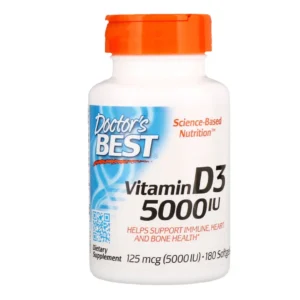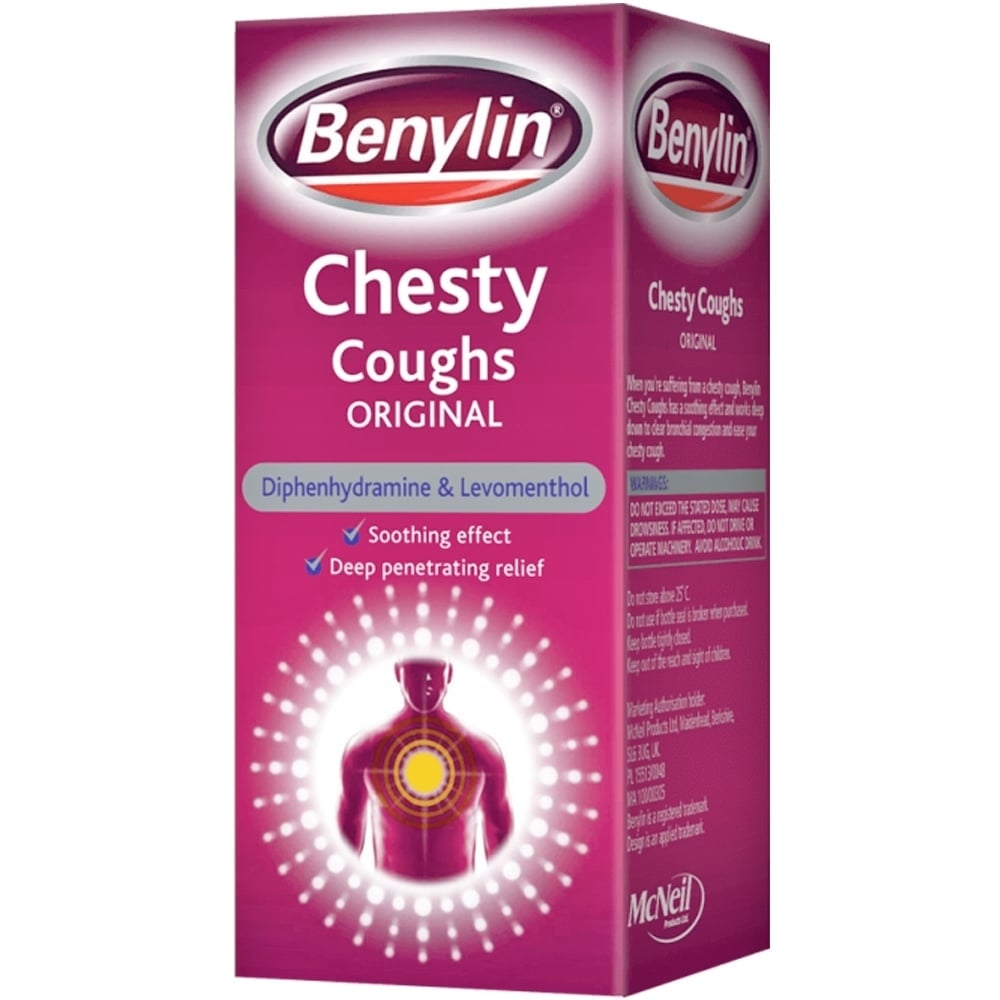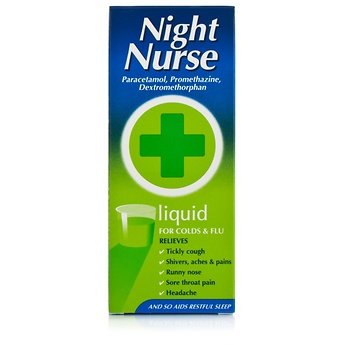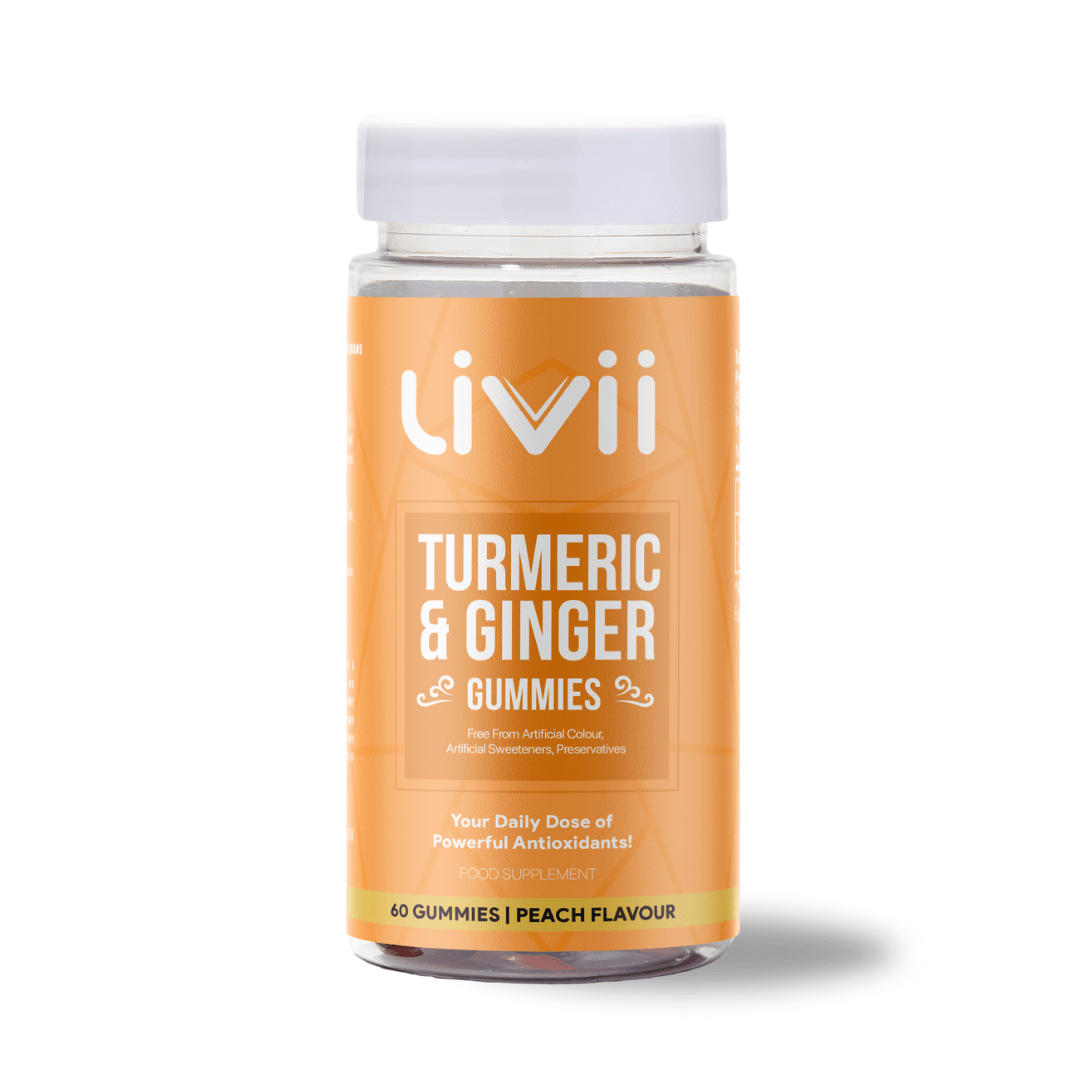Fatigue is a common issue that affects millions of people worldwide, often disrupting daily activities, work productivity, and overall quality of life. Whether caused by stress, poor sleep, nutrient deficiencies, or underlying health conditions, the sensation of persistent tiredness can be frustrating. Fortunately, various vitamins for tiredness help by addressing deficiencies, boosting cellular energy production, and enhancing overall vitality.

1. Vitamin B12
Vitamin B12 plays a crucial role in energy production by aiding in red blood cell formation and supporting nerve health. A deficiency in B12 can lead to anemia, which often manifests as extreme fatigue, weakness, and brain fog.
Sources and Dosage:
- B12 is naturally found in animal products such as meat, eggs, and dairy. For vegans or vegetarians, fortified foods and supplements are essential.
- The recommended daily intake (RDI) is 2.4 mcg for adults, but supplements often provide higher doses (500-1000 mcg) to correct deficiencies.
2. Iron
Iron is vital for producing hemoglobin, a protein in red blood cells that carries oxygen throughout the body. Low iron levels, or iron-deficiency anemia, often lead to tiredness and decreased stamina.
Sources and Dosage:
- Iron can be found in red meat, beans, lentils, and spinach.
- Supplementing with 18 mg per day is generally sufficient, but individuals with anemia may require higher doses prescribed by a healthcare provider.
3. Magnesium
Magnesium is involved in over 300 biochemical reactions in the body, including energy production and muscle function. A deficiency in magnesium can lead to fatigue, muscle cramps, and insomnia.
Sources and Dosage:
- Foods high in magnesium include nuts, seeds, whole grains, and leafy greens.
- The RDI is approximately 400 mg for men and 310 mg for women.
- Supplementing with 200-400 mg daily can improve energy levels and reduce fatigue.

4. Coenzyme Q10 (CoQ10)
CoQ10 is an antioxidant that plays a key role in mitochondrial energy production. As we age, CoQ10 levels naturally decline, which can contribute to fatigue.
Sources and Dosage:
- CoQ10 is found in small amounts in organ meats, fatty fish, and whole grains.
- Typical supplementation ranges from 100 to 300 mg per day.
5. Vitamin D
Vitamin D deficiency is common, especially in regions with limited sunlight. Low levels of vitamin D are linked to fatigue, depression, and muscle weakness.
Sources and Dosage:
- Sun exposure is the best source of vitamin D, but it is also present in fatty fish, egg yolks, and fortified foods.
- Supplementing with 1000-4000 IU per day can help maintain optimal levels.

6. Omega-3 Fatty Acids
Omega-3s, found in fish oil, have anti-inflammatory properties and support brain health. They can help reduce fatigue associated with inflammation or chronic fatigue syndrome.
Sources and Dosage:
- Fatty fish like salmon and mackerel are rich in omega-3s.
- Supplements typically provide 1000-2000 mg of combined EPA and DHA daily.
7. Rhodiola Rosea
Rhodiola is an adaptogen, meaning it helps the body cope with stress. Studies suggest that Rhodiola can enhance physical and mental performance, reduce fatigue, and improve resilience to stress.
Sources and Dosage:
- A common dosage is 200-600 mg per day, taken in the morning.
8. Ashwagandha
Another adaptogen, ashwagandha, is known for its ability to reduce cortisol levels, which can alleviate stress-induced fatigue. It can also enhance overall energy levels.
Sources and Dosage:
- A dosage of 300-600 mg of ashwagandha extract daily is recommended.

9. Creatine
Creatine is well-known for improving athletic performance by increasing energy availability in muscles. It can also enhance brain function and reduce mental fatigue.
Sources and Dosage:
- Found in red meat and fish.
- Supplementing with 3-5 g daily is effective for boosting energy levels.
10. L-Theanine
L-Theanine, an amino acid found in green tea, promotes relaxation without causing drowsiness. When combined with caffeine, it can enhance focus, alertness, and energy.
Sources and Dosage:
- Green tea naturally contains L-theanine, but supplements provide around 100-200 mg per day.
11. Ginseng
Ginseng is an herbal supplement traditionally used to combat fatigue and enhance physical endurance. It can improve energy levels by modulating stress and boosting cellular energy.
Sources and Dosage:
- American or Asian ginseng supplements typically range from 200-400 mg daily.
12. Melatonin
If fatigue is linked to poor sleep, melatonin supplements can help regulate sleep cycles and improve rest quality. Better sleep often translates to increased daytime energy.
Sources and Dosage:
- Melatonin supplements range from 0.5 to 5 mg, taken 30 minutes before bedtime.
13. Tyrosine
Tyrosine is an amino acid that serves as a precursor to neurotransmitters such as dopamine and norepinephrine, which can enhance alertness and reduce fatigue during stressful situations.
Sources and Dosage:
- Found in high-protein foods like chicken, cheese, and almonds.
- Supplementing with 500-2000 mg before stressful activities can boost focus and energy.
14. Probiotics
Gut health significantly influences energy levels. Probiotics support a healthy gut microbiome, which can reduce inflammation and improve nutrient absorption, enhancing overall vitality.
Sources and Dosage:
- Fermented foods like yogurt, kefir, and sauerkraut are rich in probiotics.
- Daily probiotic supplements containing 1-10 billion CFUs are recommended.
15. Zinc
Zinc plays a role in immune function, metabolism, and cellular repair. A deficiency in zinc can lead to fatigue and weakened immunity.
Sources and Dosage:
- Shellfish, beef, and pumpkin seeds are high in zinc.
- Supplementing with 15-30 mg daily supports overall health.
Final Thoughts
Supplements can be powerful allies in combating fatigue, but they are most effective when combined with a healthy lifestyle. Adequate sleep, regular exercise, stress management, and a balanced diet are essential foundations for sustained energy. Before starting any new supplement regimen, it’s advisable to consult with a healthcare provider to ensure the supplements are appropriate for your specific needs and to avoid potential interactions with medications. By addressing nutrient deficiencies and supporting your body’s natural energy systems, you can effectively reduce fatigue and enhance your overall well-being.
________
Disclaimer: Health articles on medical conditions are for information only and do not form a basis for diagnosis. We recommend that if you have any concerns, speak to your doctor or pharmacist for further help and guidance.








